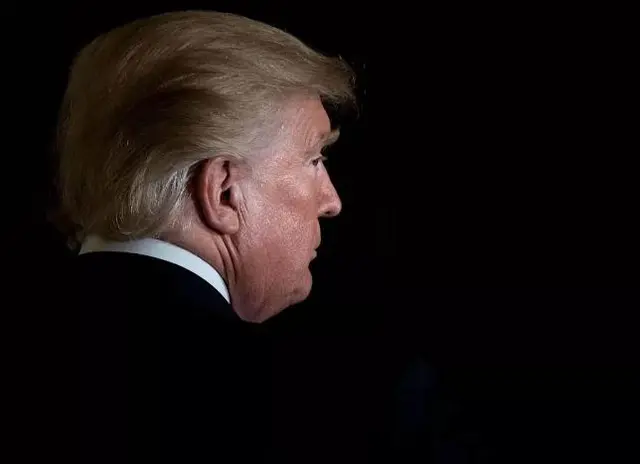U.S. Treasury Secretary Jacob Lew on Wednesday urged European officials to reach a deal with Greek government to restructure its debt in a sustainable way and keep the debt-beleaguered country in the euro zone.
"I think the IMF (International Monetary Fund) has been very correct in focusing on debt sustainability; Greece's debt is not sustainable," Lew said at an event organized by the Washington- based Brookings Institution. "It was not a surprise to any of us who followed closely that the IMF reached that conclusion."
The IMF last week said in a staff report that financing needs for Greece could add up to more than 50 billion euros (about 55.42 billion U.S. dollars) over the next three years and the country is unlikely to close its financing gaps from the markets on terms consistent with debt sustainability.
"I think that in the next few days what will see is, can the parties come together and build enough trust that Greece will take the actions that it needs to take, so that Europe will restructure the debt in a way that is more sustainable," Lew said, urging Greece and European countries to work together to overcome the political realities on both sides.
"I don't think any prime minister of Greece could sell all of the additional fiscal measures plus the structural reforms that are needed without some sense of what the debt sustainability looks like. I don't think that there are a lot of European governments that could sell any kind of new package without some sense that there is going to be a reliable implementation of the agreements," the U.S. official argued. "Those kinds of things can be coordinated .. You can put this together in a way where the things only happen depended on the prior actions being completed."
An emergency Eurogroup meeting in Brussels ended inconclusive Tuesday afternoon, with lenders saying they didn't receive any meaningful proposals they had expected from Greece. But Lew believed "there's still a solution available" to the Greek debt crisis.
Greece, European partners and other institutions were only " within a couple billion euros of closing the gap" to reach an agreement before Greek voters rejected a bailout deal proposed by international lenders in a referendum Sunday, he said.
Lew didn't see the Greek crisis as "an immediate risk" to the American economy, as "the risk of contagion in a technical way has been contained greatly" since 2010. But he warned that "the risk of an accident" could go up dramatically as the Greece is days away from running out of cash.
Since July 1, Greece has been in arrears to the IMF and needs to repay 3.5 billion euros in loan installments to the European Central Bank by July 20. Without emergency assistance, Greece seems to head to default, largely increasing the risk of exit from the euro zone.
"The broad view is the best outcome is for Greece to stay in," Lew said, noting that European leaders have strong interests in maintaining the euro zone and maintaining the euro.
"It's a mistake for the European economy, the global economy to take the risks that are involved in an uncontrolled crisis in Greece," he warned. Enditem
 简体中文
简体中文

